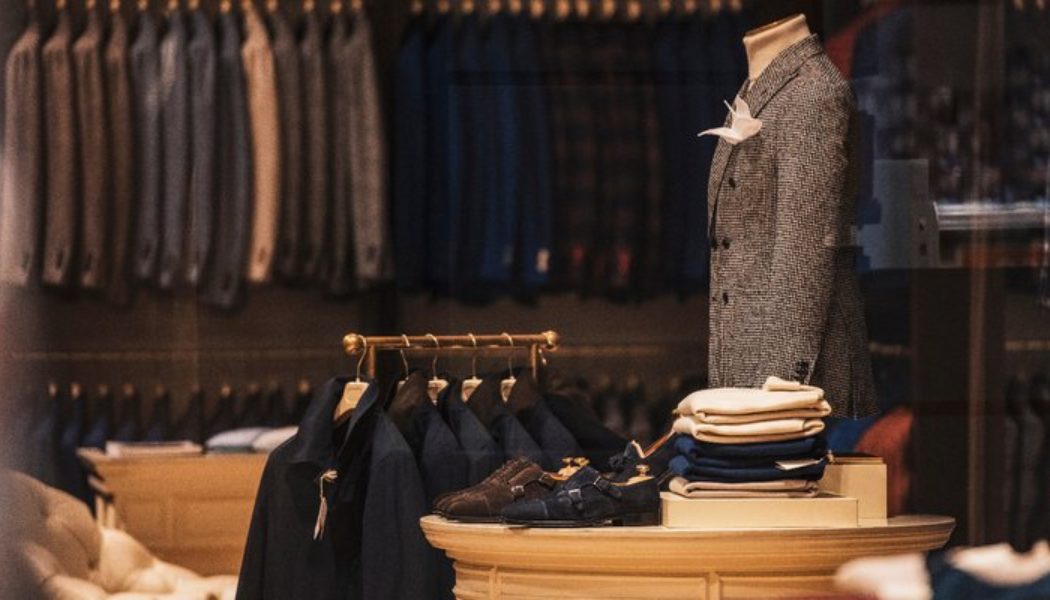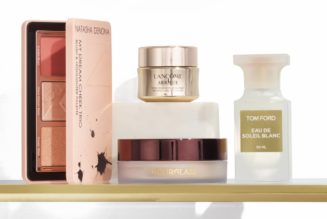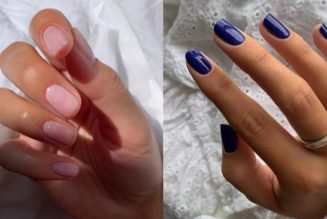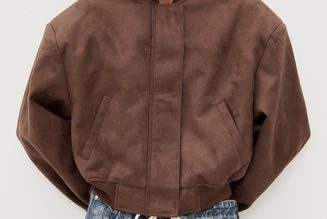
Looking at real-world examples, here are just a few of the brands that have expanded into homegoods and what they’ve produced.
The global luxury market has witnessed a remarkable resurgence in recent years, fueled by a new generation of affluent consumers seeking more novel, immersive experiences. Luxury brands are no longer confined to the realms of fashion and accessories; they are rapidly extending their reach into the home goods and hospitality sectors, leveraging their vast customer data to deliver unparalleled personalized experiences.
The expansion of these brands’ reach has been so large that Business of Fashion recently prepared a report entitled The Lifestyle Era to help brands capitalize on home and hospitality. With the categories set to grow at a compound annual rate of approximately 7% through 2026, according to Euromonitor International, luxury brands are poised to capitalize on this burgeoning opportunity.
The COVID-19 pandemic has undeniably transformed the way people live and work. As the world transitions to a hybrid work model, consumers are increasingly investing in their home environments. In fact, high-net-worth individuals are spending more on home design today than before the pandemic, according to a proprietary survey by Altiant and BoF Insights. Affluent shoppers in the U.S., U.K., and France report spending more on furniture, decor, textiles, fragrances, and tableware, leading to a 12 percentage points post-pandemic increase.
Looking at real-world examples, here are just a few of the brands that have expanded into homegoods and what they’ve produced:
Armani/Casa: The esteemed Italian fashion empire, Armani, has elegantly ventured into the domain of interior design with Armani/Casa, a sophisticated collection of furniture and home accessories that exudes the brand’s hallmark minimalistic elegance and superior craftsmanship. They also created the exquisite Residences by Armani Casa in Sunny Isles Beach just outside of Miami.
Fendi Casa: The Italian luxury fashion house expanded its portfolio with Fendi Casa, a line of upscale furniture and home accessories that embody the brand’s signature craftsmanship and design. Fendi Casa’s success demonstrates the potential for luxury brands to diversify their offerings while remaining true to their core values and aesthetics.
Hermès: Known for its iconic silk scarves and high-end leather goods, Hermès ventured into the home goods market with a collection of exquisite tableware, textiles, and home fragrances. The brand’s seamless transition to home goods reflects its commitment to delivering exceptional quality and artistry across various product categories. For many designers, the Hermes Avalon throw blanket and pillows have become essential to signal the luxuriousness of a space – you’ll see these iconic pieces across social media and real estate listing shots of high-end homes, and in every home decor magazine.
Versace Home: The Italian luxury brand has made waves in the home goods sector with its opulent and distinctive designs. Versace Home offers a range of furniture, lighting, textiles, and tableware that showcases the brand’s iconic Medusa logo and signature baroque patterns.
Luxury brands are also entering the hospitality sector, offering exclusive dining and accommodation experiences that cater to their discerning clientele. Here are some notable examples:
Bulgari Hotels & Resorts: The luxury jewelry brand has successfully ventured into the hospitality sector with its Bulgari Hotels & Resorts, offering unparalleled luxury and personalized services to its guests. Each hotel reflects the brand’s commitment to craftsmanship, design, and attention to detail, providing a unique and immersive experience for its patrons.
LVMH: French luxury conglomerate LVMH expanded its reach into the hospitality sector with its ultra-luxurious Cheval Blanc hotels. The brand’s properties are renowned for their stunning architecture, exceptional dining experiences, and unparalleled customer service, catering to the evolving needs of their affluent clientele. LVMH has also recently opened an airport lounge in Qatar.
Armani Hotels & Resorts: Fashion icon Giorgio Armani has extended his brand’s reach into the hospitality sector with Armani Hotels & Resorts. The brand’s luxurious hotels offer guests a unique blend of elegance, sophistication, and personalized service, reflecting Armani’s commitment to providing memorable experiences.
The post-pandemic era presents a golden opportunity for luxury brands to expand their reach beyond fashion and accessories. By leveraging their vast customer data and commitment to quality, these brands can deliver personalized experiences in the burgeoning home goods and hospitality sectors. With the sector poised to grow and the additional opportunity to take market share from traditional operators in this space, luxury brands that embrace this expansion are set to thrive in the years to come.
At XY Retail, Alyx combines her insights into luxury market trends with a passion for digital transformation to help drive the future of retail. She focuses on not just reacting to industry shifts but anticipating them, to create seamless, innovative, and personalized shopping experiences.









